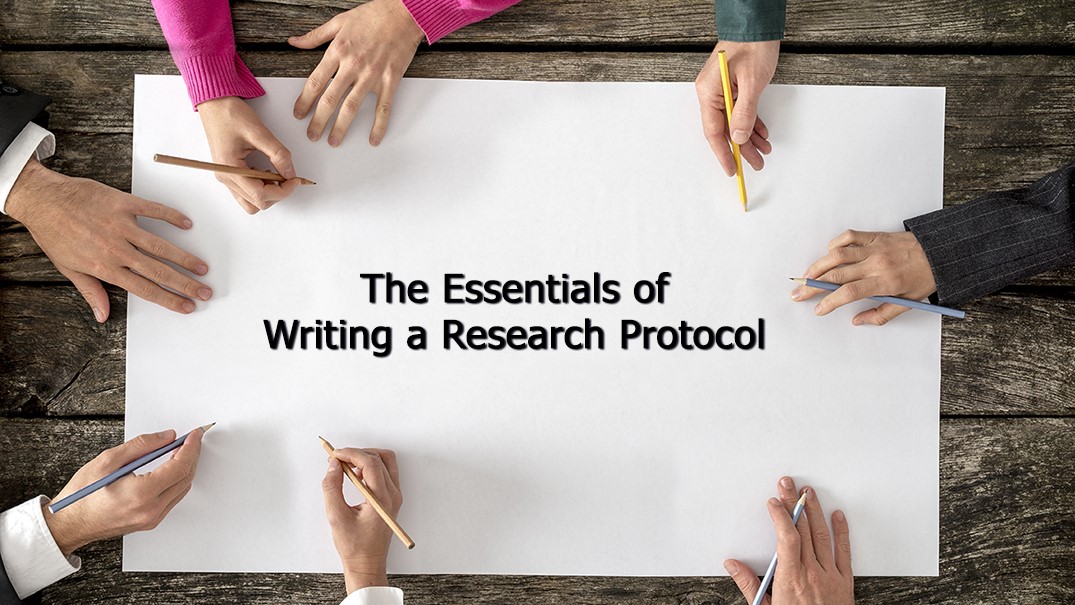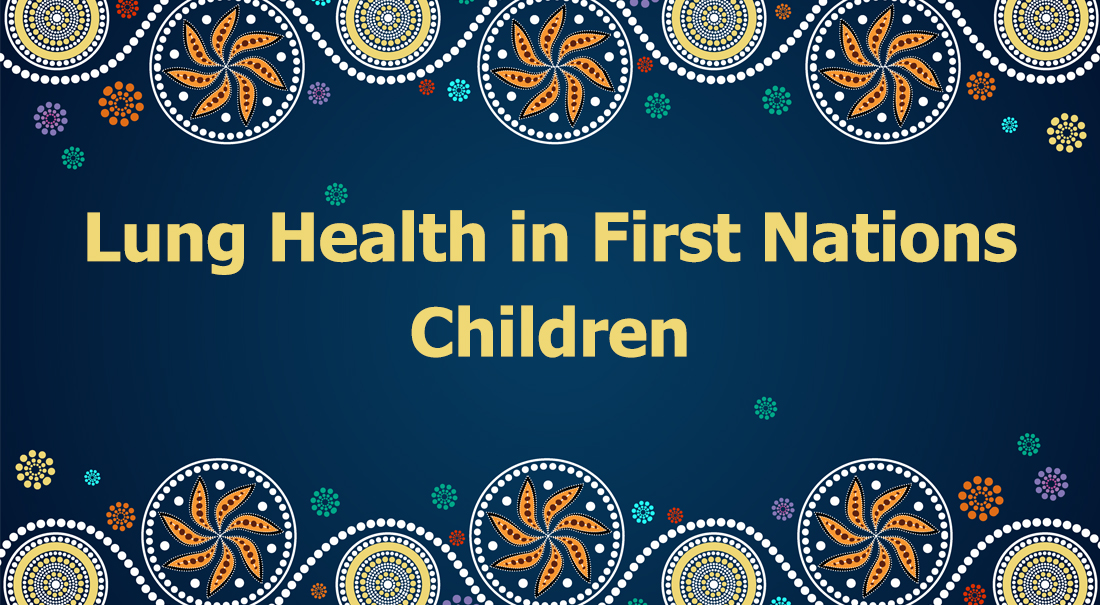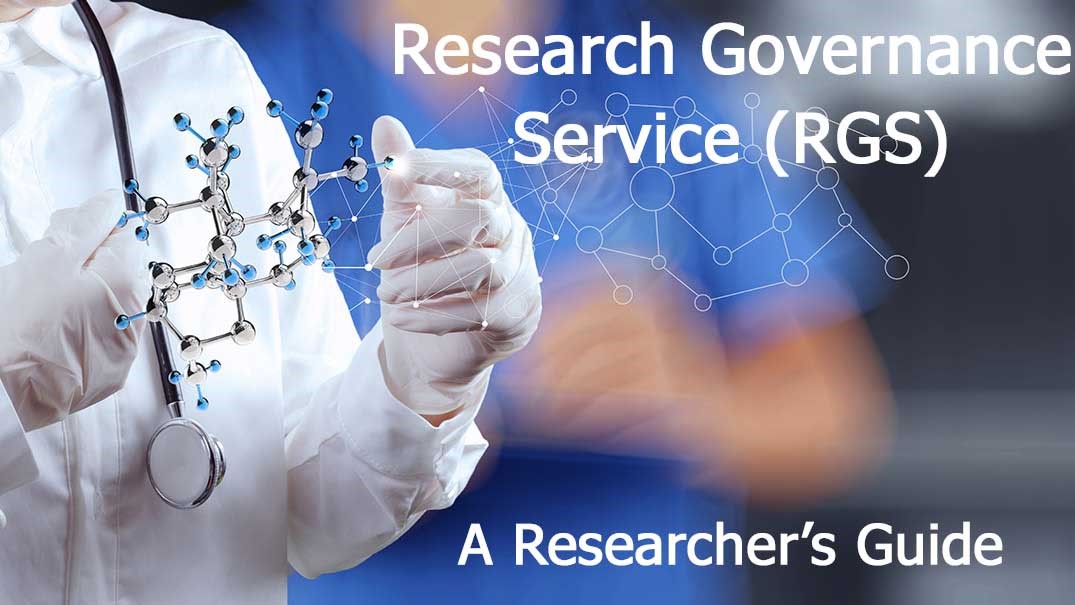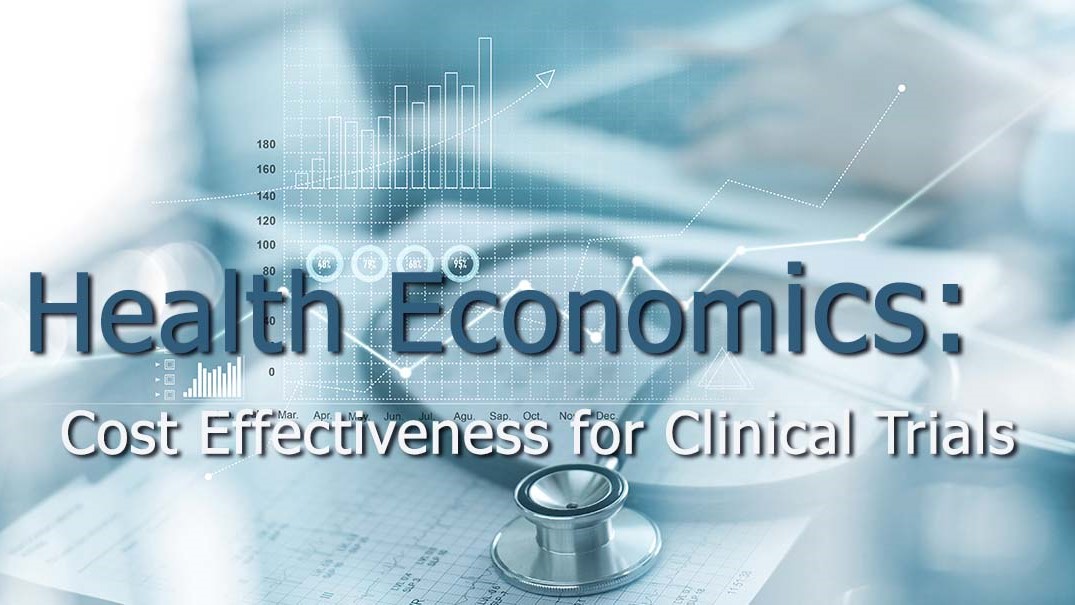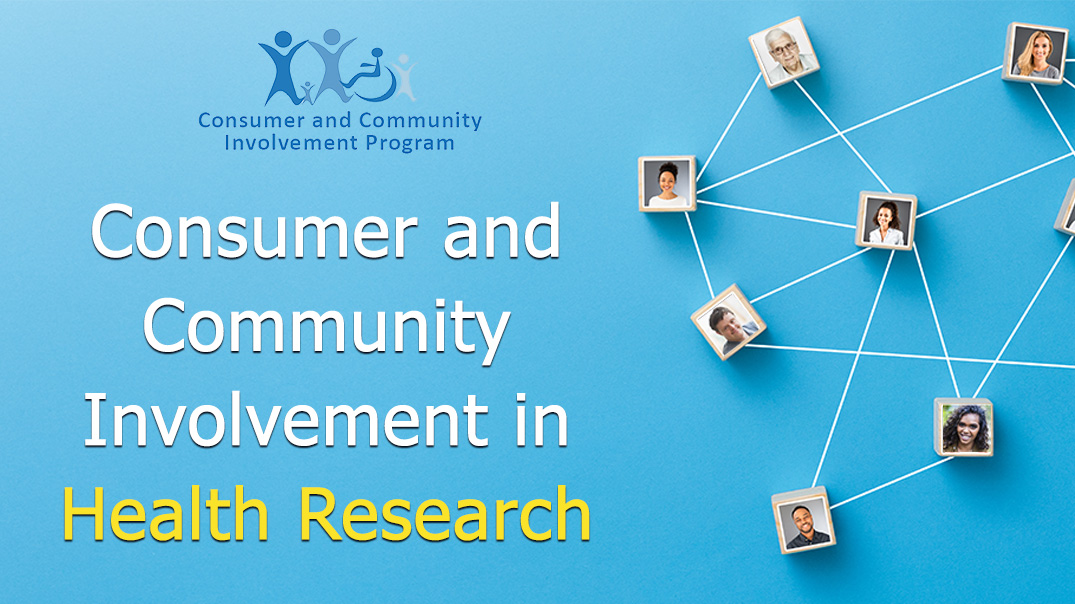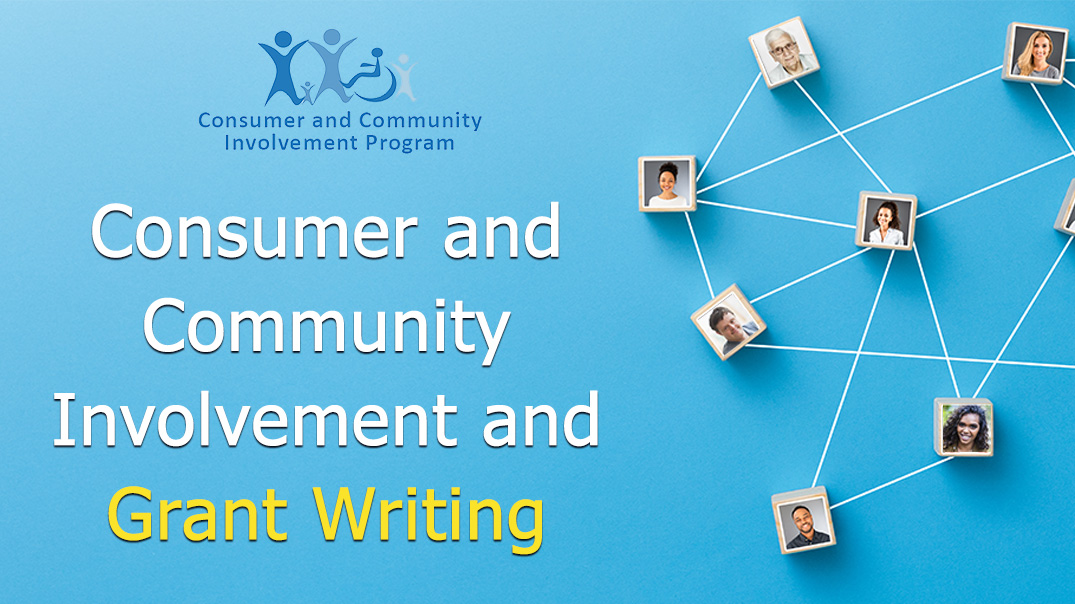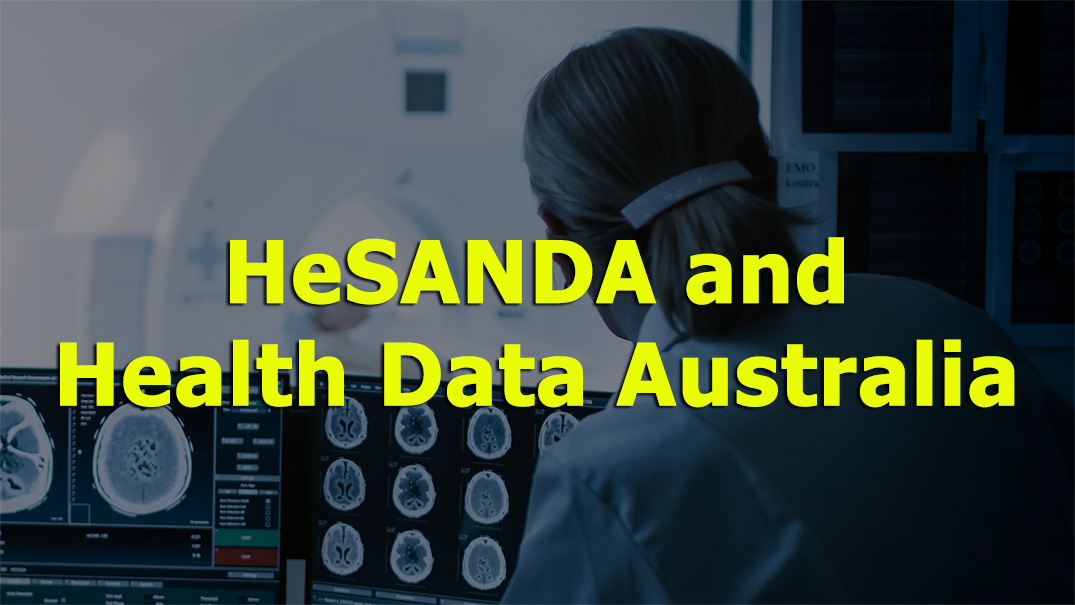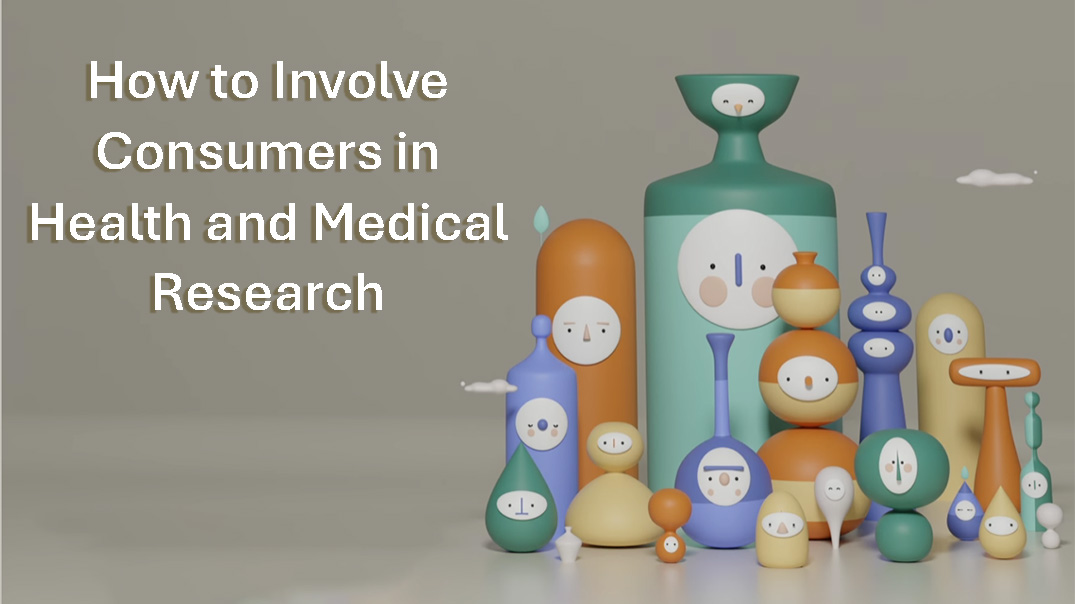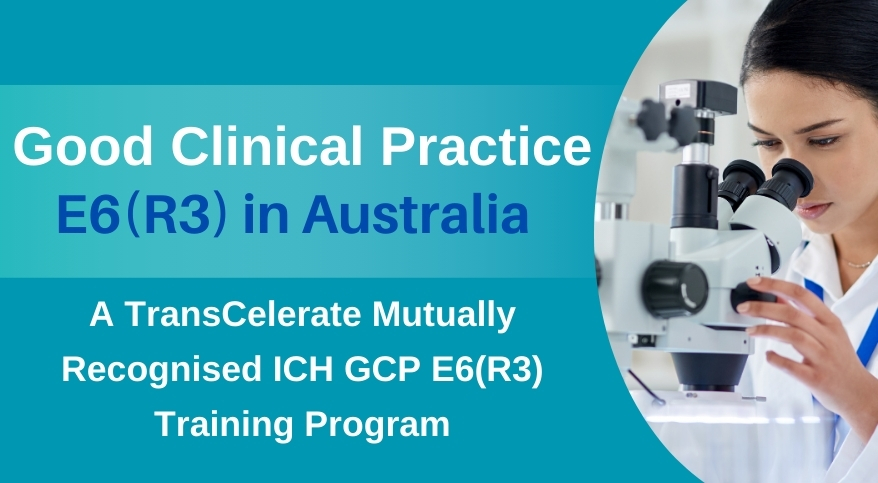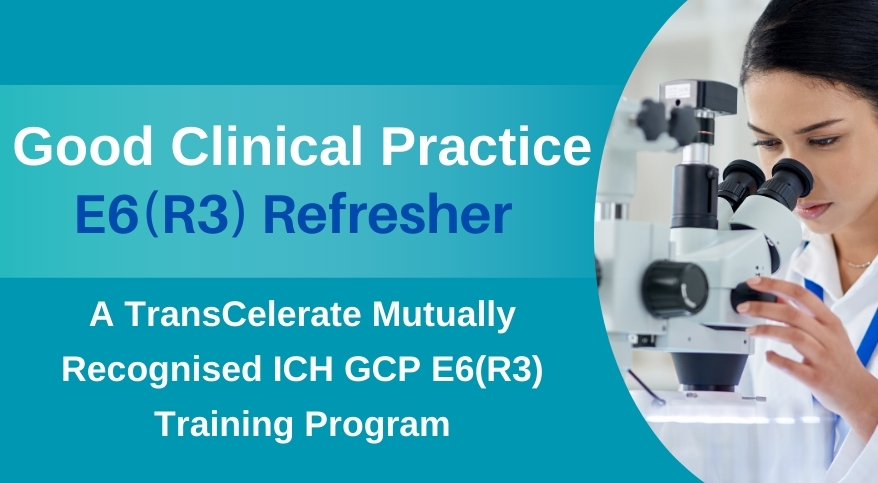
Research Governance Service (RGS): A Researcher’s Guide
Learn how to navigate the RGS.
About This Course
The Research Governance Service (RGS) is an interactive, secure web-portal that assists Western Australian (WA) Public health organisations in managing the ethics and governance processes for human research projects.
The centralised system enables researchers, sponsors, Human Research Ethics Committees, ethics and governance offices, and site administrators to manage and track the governance of research though the entire research project lifecycle. This includes ethics approval, site (also called governance) authorisation, monitoring, complaints, publications and reporting.
This RGS online training course is designed to assist researchers and sponsors to navigate the RGS through the submission, ethics and governance review and approval processes for proposed projects; and monitoring, publications and complaints processes for approved research. It is highly recommended that participants unfamiliar with ethics and governance terminology and processes complete the RETProgram Good Clinical Practice (GCP) course prior to starting this course.

Pricing
Free
WAHTN Partners have free access to this course.
Free
Any person from the public can gain access to the course.
Free
Participants from the AHRA partner organisations have discounted access to this course.
Course Objectives

By the end of this course, participants will be able to:
- Understand the uses and rationale for RGS.
- Identify who can use the RGS and how it is applied to single and multi-centre research.
- Define the roles and responsibilities of the RGS Users and understand the security matrix around these roles.
- Understand how to establish a profile, register a project, and add sites and team members.
- Navigate through the portal and understand the ethics and governance workflow processes.
- Complete the Project Details for a single or multi-centre research project, conducted within WA or using the Australia-wide National Mutual Acceptance scheme.
- Identify and complete the relevant ethics and governance forms.
- Submit the forms and associated supporting documents to the reviewing Human Research Ethics Committee (HREC), subcommittees and Research Governance Offices (RG Offices).
- Respond to comments or requests for additional information required (AIR) from the HREC and RG Offices; and resubmit revised forms and documents.
- Understand how to receive and track ethics approval and site authorisation notifications.
- Identify and complete the relevant monitoring forms and reports.
- Submit the forms and supporting documents to the Human Research Ethics Committee (HREC) and Research Governance Offices (RG Offices), who provided ethics approval and site authorisation respectively.
- Respond to additional information required (AIR) requests from HREC and RG Offices; and resubmit revised forms and documents.
- Understand how to receive and track approval of monitoring forms and reports.
- Identify the types of complaints and understand how to lodge a complaint on behalf of a research team or participant.
- Find summary and dashboard information about projects.
- Search for information and print results on projects, investigators and publications.
- Add information about research translation and publications to your completed projects.

Feedback From Participants
"The way the material was presented was clear and interesting. I enjoyed the visuals and ‘clicking’ to access different sections for more information."
"Contains a broad overview of good clinical practice but also surprisingly detailed information. This is by far one of the best online course I’ve done in a long time."
"It Provides a very good overview and the parts make sense when seen in a logical way. There are many prompts to more detailed references on the topics and they can be followed up for more information. Building in breaks was a good idea."
"Videos, real-life examples and visuals (e.g. charts) used to support comprehension."
"The content was well structured and allowed me to develop my understanding. Important information was consolidated well by the quiz"
"The self-assessments complement well with the comprehensive lesson content."


